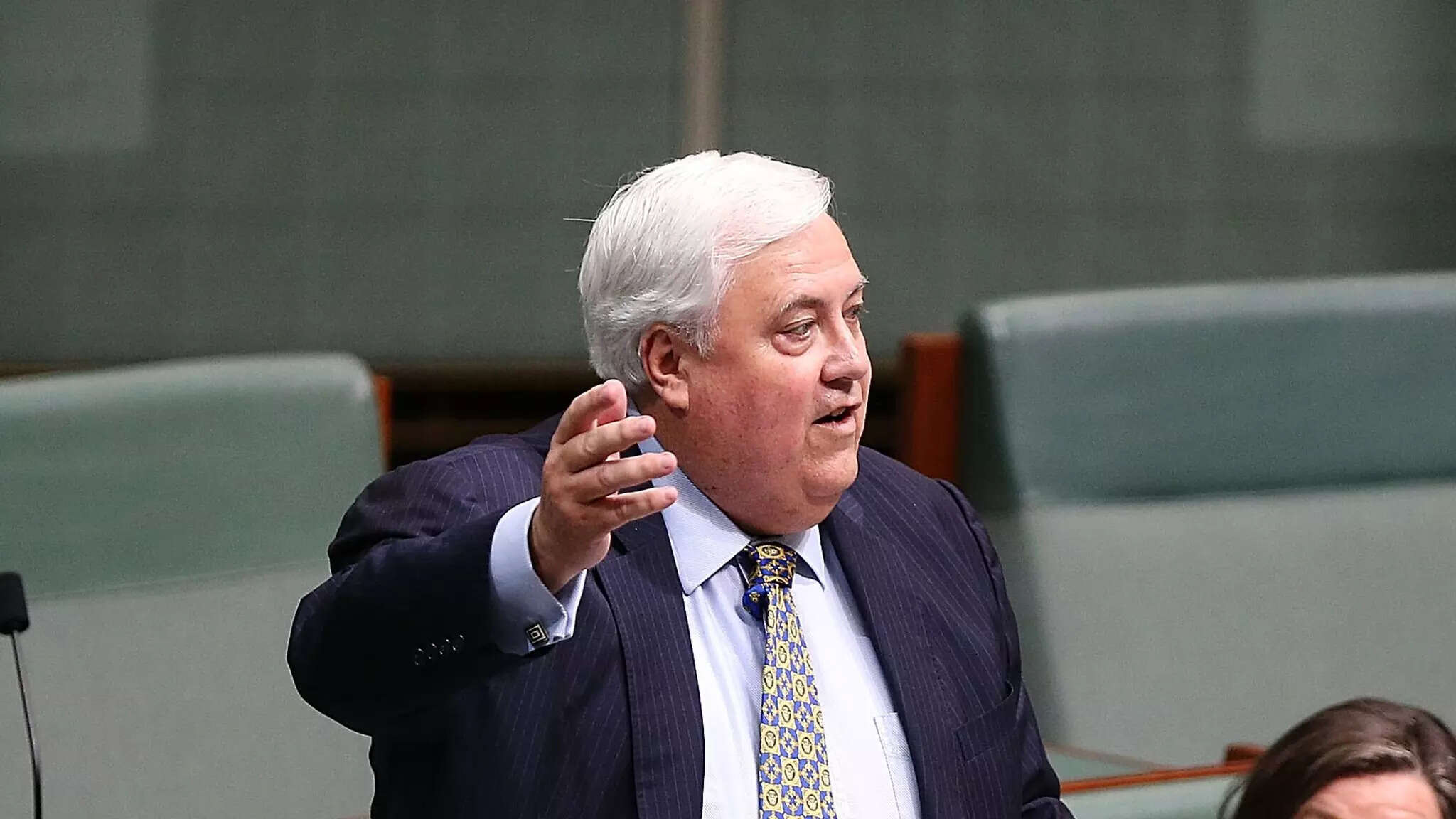
By Lewis Jackson
Australian mining magnate Clive Palmer has sold the troubled Yabulu nickel refinery in Queensland state to Swiss special purpose vehicle Zero Carbon Investek – a deal that has reportedly fetched A$2 billion ($1.3 billion).
A spokesperson for Palmer, who bought the refinery in 2009 from BHP for A$1, declined to disclose the sale price and said the sum reported by the Australian newspaper was speculation.
The Yabulu Nickel and Cobalt Refinery went into voluntary administration in 2016 amid collapsing nickel prices and has yet to restart operations.
Zero Carbon said in a statement the refinery should restart in 18 months and is expected to rapidly become one of the world’s top 10 nickel assets, capable of producing 53.5 kilotonnes per annum (ktpa) of nickel and 3.7 ktpa of cobalt.
Both are minerals used in automotive batteries and whose prices have soared as the world increasingly shifts to electric vehicles.
Zero Carbon added that it is in advanced discussions with a number of “globally significant strategic players who are seeking product offtake opportunities, alongside investment.”
It added that it would invest $800 million post-acquisition in the site, which in September secured a 30-year port access agreement with the Port of Townsville.
As part of those plans, it will develop a large scale 1.5 gigawatt solar photovoltaic plant and battery storage facility to create new industry opportunities and sustainable environmental benefits.
Also Read:

